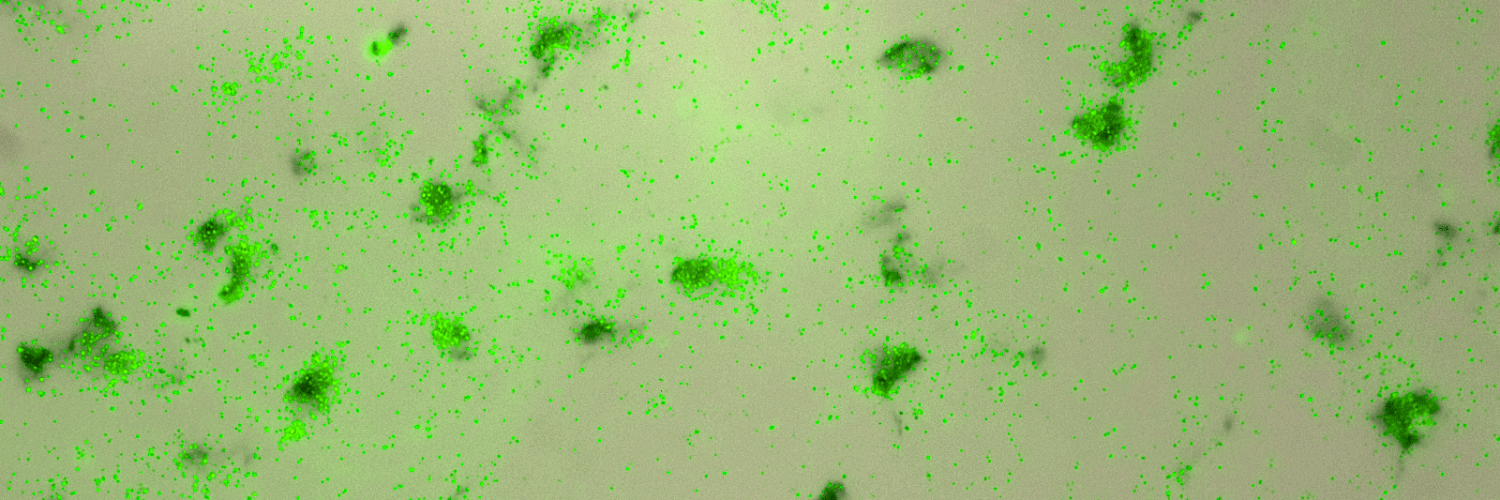
Graduate Program
General Description
The training of graduate students is an important component of the scientific and intellectual life of the Behavioral Neuroscience Group. We are deeply committed to preparing trainees for success in positions in academia, private research organizations, industry, and governmental agencies, and we have enjoyed considerable success in doing so. Behavioral Neuroscience is inherently a broad and multidisciplinary field — drawing information, ideas, and techniques from scientific disciplines such as anatomy, biology, biochemistry, computer science, embryology, engineering, genetics, pharmacology, physiology, psychology, physics, and more. Thus, to become effective researchers, students must master an impressive range of knowledge and techniques. Perhaps more importantly, they must also learn to think critically about an unusually vast array of research findings. This process is fostered by the exceptional breadth and depth of the research being conducted within our individual laboratories and with the group as a whole.
The program is strongly research-oriented. Students begin research in their first semester of graduate study, and coursework is largely tailored to their individual training needs. At its best, graduate education involves intense, but informal forms of instruction every day. Thus, students also benefit from the overall collegiality of the program, often working collaboratively with several faculty members and members of the laboratories.
Our students enter the program with diverse backgrounds, coming from both the social and natural sciences, but they share common traits: profound curiosity, and a very real energy and enthusiasm about science.
Program Overview
The PhD program usually takes 5+ years to complete, and general requirements include:
- An individualized plan for coursework including:
- Core Courses (19 credits)
- Specialized Elective Courses (11+ credits)
- Doctoral Dissertation Credits
- Typical Calendar for Graduate Training
- Preliminary Examination
- Comprehensive Examination
- A doctoral dissertation and defense
Neuroscience PhD
The Neuroscience PhD is an interdepartmental program that is administered through the Center for Neuroscience. Students wanting to enter the program must apply for graduate student admission through the Department of Psychology and Neuroscience. Once admitted, they can opt-in to the Neuroscience PhD program by contacting the Director of the Interdepartmental Neuroscience PhD program. For more information, see the Center for Neuroscience's webpage regarding the PhD in Neuroscience.
Teaching Opportunities
Teaching Assistantship: Students are required to complete at least one year as a paid teaching assistant. A full-time teaching assistant is expected to work 20 hours per week. Teaching assistant responsibilities may include attending lectures/recitations/labs, teaching lectures/recitations/labs, holding office hours, grading, meeting with the instructor, etc.
Graduate Teacher Program: The Graduate Teacher Program encourages graduate students to embrace teaching as an intellectual and inclusive act and to pursue their personal and professional development. This program provides formalized teaching opportunities through workshops and certificate programs aimed at building skills necessary to become an effective teaching in the classroom and beyond. More information can be found on the Graduate Teacher Program website.
Graduate Part-Time Instructor (GPTI): Students wishing to continue their career in a teaching-oriented academic environment may wish to take advantage of this excellent opportunity to obtain in-depth teaching experience. Graduate students with a master's degree or equivalent, and have demonstrated competence in classroom teaching are eligible to become a GPTI. GPTIs are given full responsibility for an undergraduate class and designated the instructor of record. The activities may include preparing the course syllabus, instructing their class, holding office hours, determining of grades, etc.

